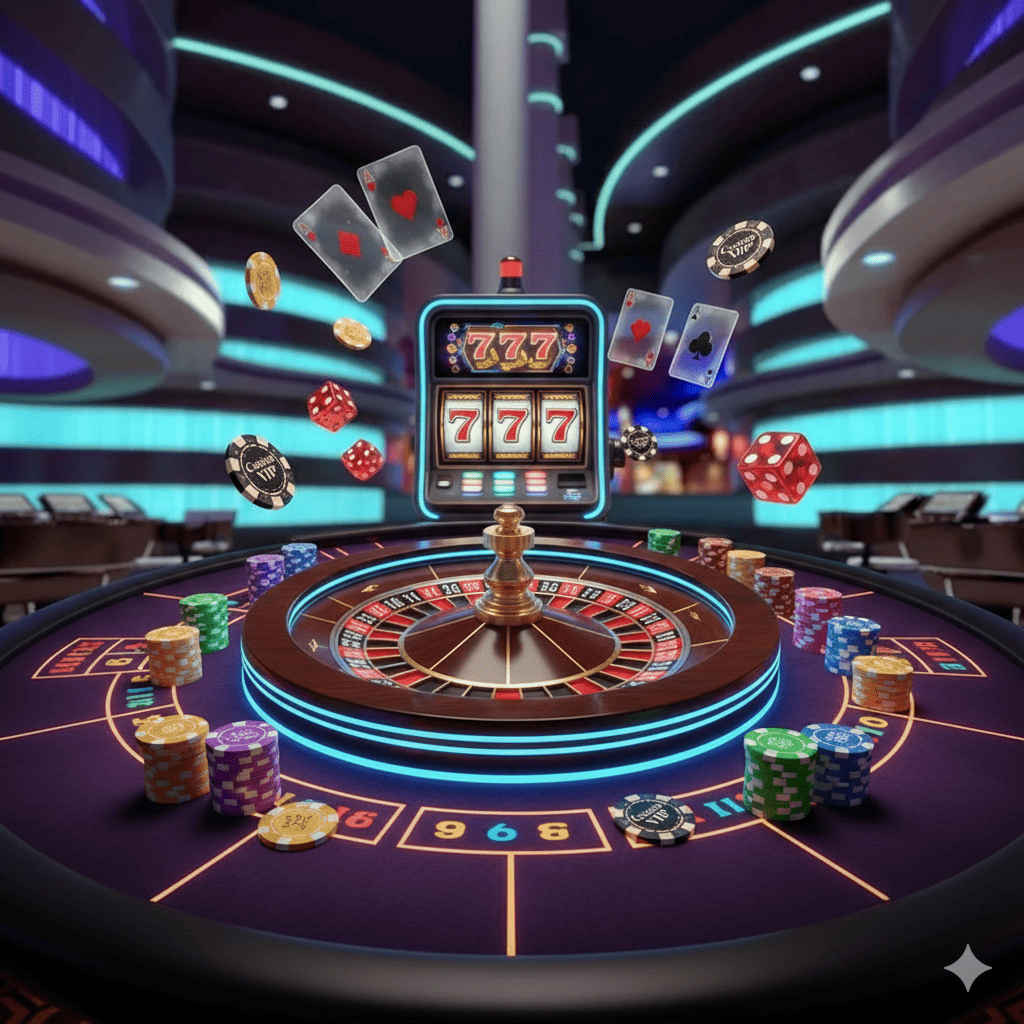The screen in front of me displays a map of the world, but it is not a standard geography lesson. It is a heat map of activity, a pulsating digital organism that never sleeps, never blinks, and certainly never stops transacting. Each glowing dot represents a node in our network, but these are not just servers or players. They are my people. They are the developers in Ukraine pushing code while air raid sirens wail, the customer support agents in the Philippines soothing an irate VIP at 3 AM local time, the compliance officers in Malta sipping espresso while navigating the labyrinth of EU regulations, and the fraud analysts in Brazil hunting for synthetic identities amidst the favelas of data. Managing a brick and mortar casino is a military operation of physical security and visible hierarchy. Managing a remote casino workforce is an exercise in psychological telepathy, cybernetic trust, and asynchronous orchestration. It is a job that requires the diplomacy of the United Nations and the paranoia of a spy agency.
The Dissolution of the Perimeter
In the old days, which is to say five years ago, security was a castle. You had a building. You had a server room with a biometric lock. You had pit bosses watching the dealers and cameras watching the pit bosses. The perimeter was physical, tangible, and defensible. When we moved to a fully remote model, that perimeter evaporated into thin air. It dissolved into thousands of residential Wi-Fi networks, coffee shop hotspots, and 4G connections tethered to mobile phones on trains.




